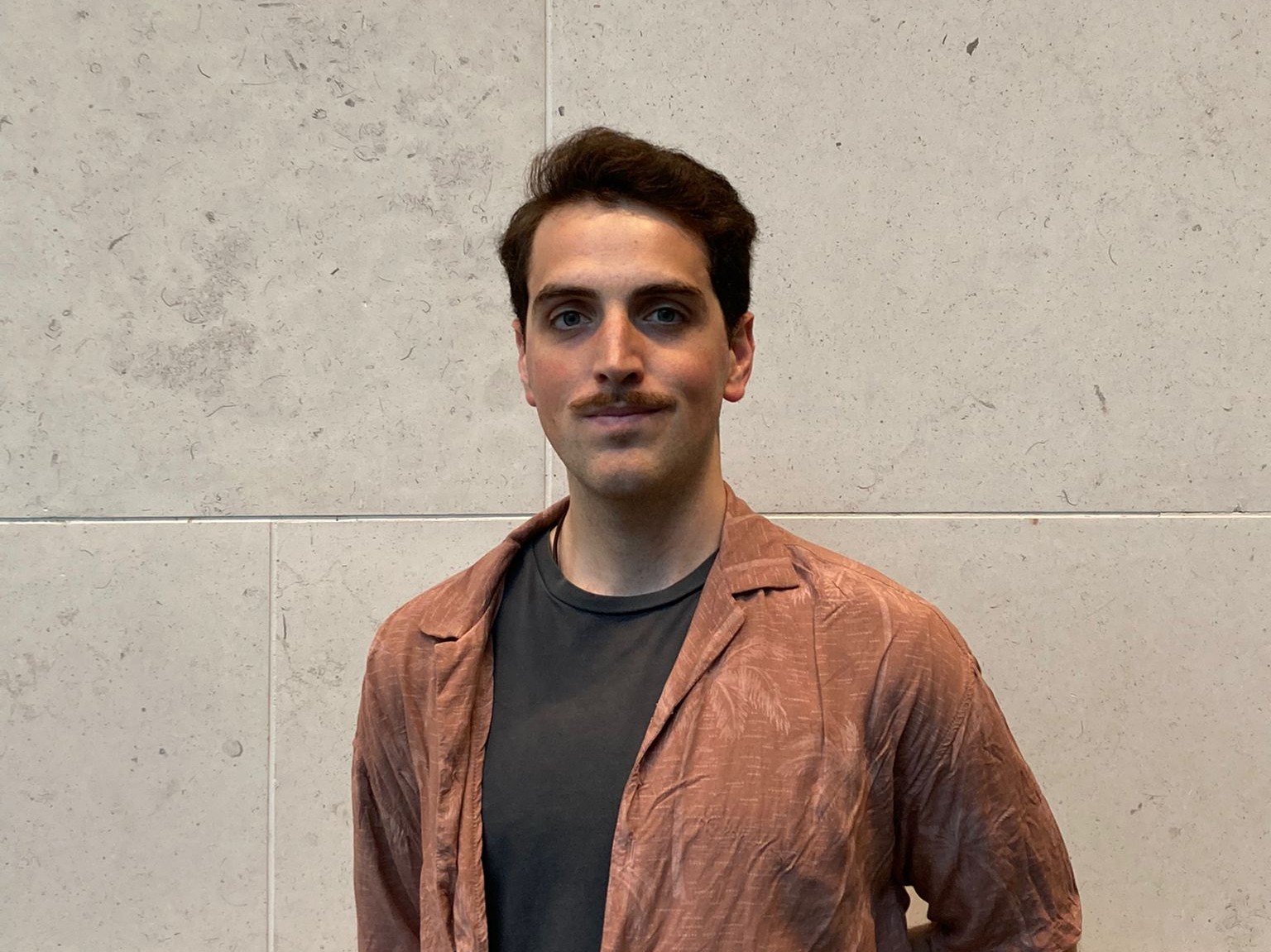 Daniele Pollicino
Daniele Pollicino
What are you currently researching?
I am investigating the power of social influence to support a societal transition towards more sustainable food consumption. For instance, I wish to understand how to nudge individuals to modify their dietary behaviours in favour of more plant-based choices.
Currently, I am working on a systematic literature review on social norms-based interventions to promote sustainable diets. I am also working on a project to study and measure the impact of a multi-component behavioural intervention on the food cosumption of LSE’s student population.
Why did you choose this area of study?
Simply put, we cannot continue to produce, consume and waste food the way we do today.
How is it possible that the same food system can generate such opposite issues, namely, undernutrition and obesity both within and between countries? Further, carbon-intensive diets including meat and dairy products contribute substantially to greenhouse gas emissions globally.
Thus, I would argue this topic is extremely timely and relevant for shaping better future societies.
From a psychological standpoint, western consumerism has created a huge disconnect between the final food product we buy in supermarkets and where that originates from.
As a great admirer of the potential of social influence to drive behaviour, I would challenge you to reflect on how many of our everyday actions and thoughts are in some way the product of social comparison or influenced by norms established by the groups to which we belong. This is especially true when it comes to food-related behaviours.
How will your research improve or have a wider impact on society?
Changing food habits can be very difficult for people. Nonetheless, behavioural interventions have already proven effective in shifting dietary behaviours and, today, adopting climate-friendly diets is key to mitigating our climate impact.
My ambition is that the outcome of my research will ultimately inform policymakers, organisations, and retailers on “what works” to change food behaviours, e.g. designing environments that favour the choice of a plant-based diet over an animal-based one.
What have been the highlights of your research work so far?
I am still in the early days, but my collaboration with Festival Republic genuinely makes me smile as they are using some of my research outputs to reduce their food sector carbon footprint at music festivals throughout the UK this summer. This collaboration has been guided by the findings of my systematic review on social norms interventions.
Further, a team I am part of has recently garnered support from the LSE Catering and Sustainability teams to trial a field experiment in LSE catered halls of residence. Hopefully, that project will soon begin.
What has been your biggest challenge so far?
I come from a related but distinct scientific background (Neuroscience), where methods and experimental designs are somewhat different. It has probably taken me a bit more time than expected to adjust to what my current research requires me to know and do.
What advice would you give to prospective students on the most effective way to approach research and keep stress levels down?
This is a tricky one. My experience with stress is ongoing, but I manage it, rather than it managing me. People compare a PhD to a roller coaster of expectations and perceived achievements/failures, which truly is not an imperfect image. However, I find the journey more important than the single episodes.
My advice on this would be to accept the idea that stressful times will come, and to see those times as opportunities to grow and become stronger. Finally, find ways to alienate yourself from all the fuss and noise around you - for me that is through music.
In a few words, what is the best thing about studying at LSE?
Campus is located right in the centre of London; you cannot beat that.
Plus, the opportunity to connect with many researchers investigating similar questions to yours. I feel like even the most informal chats I have had (enjoying a drink at the George) turned out to be extremely insightful.
Possibilities here seem to be endless, and my involvement with LSE’s own Pulse Radio has been blissful.